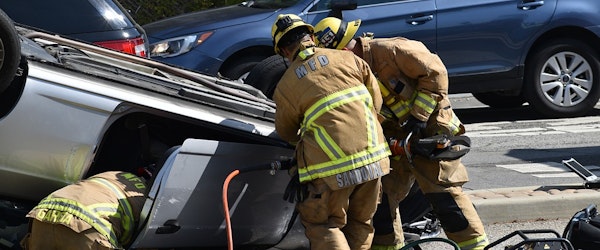
The Failed No-Fault Automobile Insurance Experiment
Thursday, August 6th, 2020 Auto Liability SubrogationIn its widest sense, “no-fault insurance” is a term used to describe any auto insurance coverage under which policyholders are paid for personal injuries and property damage they sustain in accidents through their own insurance company, regardless of fault.
In many ways it is like first-party coverage. However, the term “no-fault” is most commonly used in the context of state-wide insurance programs and laws which dictate that a policyholder (and his or her passengers) are not only reimbursed by the policyholder’s own insurance company without regard to fault, but are also limited in their right to sue negligent tortfeasors responsible for causing their injuries and damages.
Utopia in a world of fatal auto accidents, insurance policies with fine print and exclusions, and serious injuries which affect the ability of a person to work productively and provide for his or her family, is impossible to achieve.
The word itself—utopia—was coined out of thin air by the humanist English lawyer Sir Thomas More in his 1516 book of fiction and socio-political satire entitled “Utopia.”





